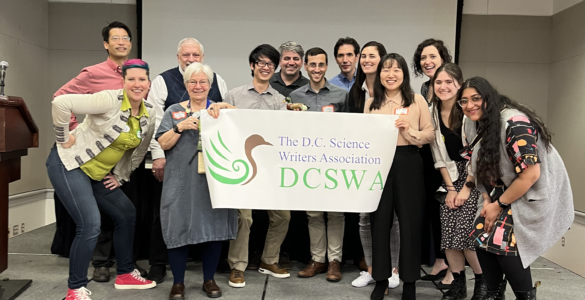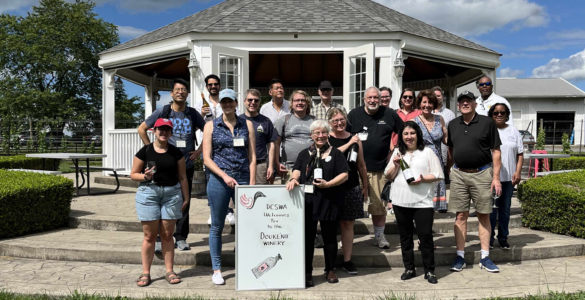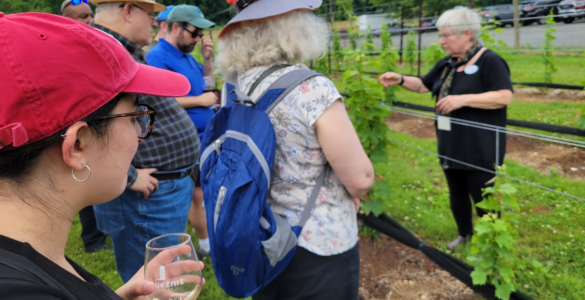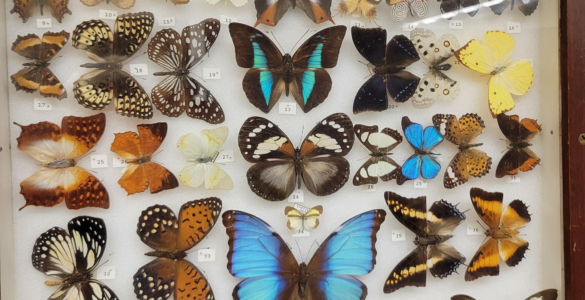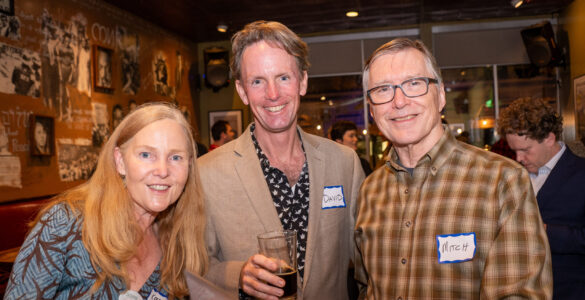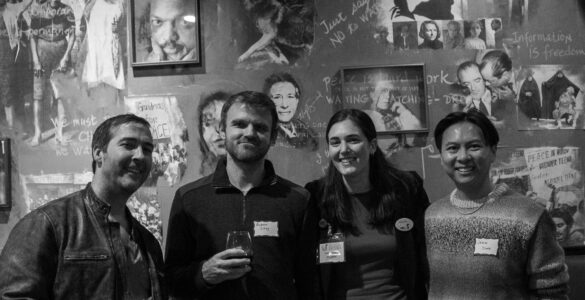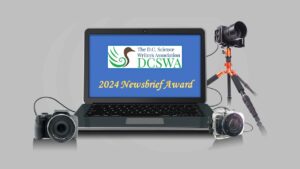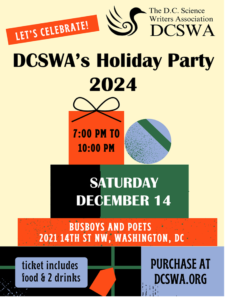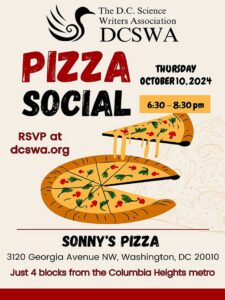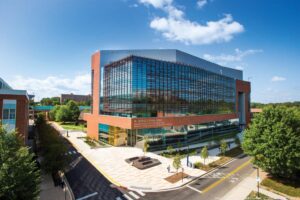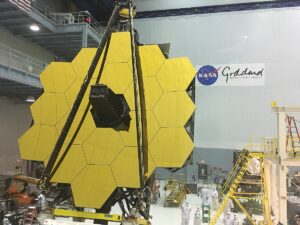DCSWA PROFESSIONAL DEVELOPMENT DAY 2025 (PDD 2025)
George Washington University, Student Center
Saturday, May 3, 2025 8:30 a.m. – 4:15 p.m. ET
REGISTER AT: https://dcswa.wildapricot.org/event-6148947
AGENDA
| Time | Grand Ballroom, 3rd floor | Room 309 |
| 8:30 – 9:00 am | Registration check-in: Grab some coffee and breakfast pastries before we get started | |
| 9:00 – 9:30 am | Opening remarks and Newsbrief Award presentation | |
| 9:30 – 10:30 am | Keynote: Nobody’s Normal: Challenging the Stigma of Mental Illness with Roy Richard Grinker | |
| 10:45 – 11:45 am | Making the Most of AI with Ellen Kuwana | Social Media Best Practices |
| 11:45 – 1:00 pm | Lunch, with the option to chat with a GW researcher | |
| 1:15 – 2:15 pm | Writer-Editor Meet and Greet | Notes from the Field: Writing in Far-Off Places |
| 2:30 – 3:45 pm | The Poetry of Science, The Science of Poetry (A poetry open mic will follow; if you want to read your science-themed poem, contact president@dcswa.org by 5 p.m. ET, May 2) | |
| 3:45 – 4:15 pm | Meet for closing remarks, passing of the DCSWA duck (presidential transition), and book raffle | |
| 4:15 – 6:00 pm | Happy hour at Mission DuPont Circle 1606 20th Street NW, Washington, D.C. (202) 525-2010. |
KEYNOTE: NOBODY’S NORMAL: CHALLENGING THE STIGMA OF MENTAL ILLNESS
Speaker: Roy Richard Grinker, Professor of Anthropology and International Affairs, George Washington University
Anthropologist Roy Richard Grinker will explore the underlying causes of mental illness stigma. He will address three key topics: the economic foundations of mental health knowledge, the influence of the military on the development of the psychological sciences, and the impact of research on autism in reducing stigma. Grinker also will share tips with journalists and science communicators on how they can better report on mental illness and developmental disorders without contributing to stigma.
MAKING THE MOST OF AI
Speaker: Ellen Kuwana, freelance writer and editor; former president, Northwest Science Writers Association; and co-host, NASW Freelancer Business Chats
Talk of AI is everywhere. But what tools can be used safely? In this interactive presentation, Ellen Kuwana will give an overview of the differences between AI-assisted tools and generative AI (GenAI), and discuss cautions when using GenAI. Learn how to speed up background research (e.g., literature searches). Compare AI-assisted tools to edit your own writing or text from others. Discover how to get suggestions about plain language (to communicate better with the broader public) or make text more concise (great for grant proposals and abstracts). Included will be screenshots and demos of Scite.ai, PerfectIt, EditGPT, and more.
SOCIAL MEDIA BEST PRACTICES
Speakers:
- George Zaidan (American Chemical Society – Reactions)
- Courtney Lee (NASA Goddard)
- Nanci Bompey (Howard Hughes Medical Institute – Janelia Campus)
In a world full of content creators, science communicators face competition in the digital landscape to keep their audiences and stakeholders engaged. To stay ahead of the game, learn from these experts on how to make engaging science content that is adaptable to your platforms, and measure your success for future strategies.
NOTES FROM THE FIELD: WRITING IN FAR-OFF PLACES
Speakers:
- Sarah Kaplan, Washington Post
- Gabe Castro Root, American University Student/Freelance
- Rachel Lense, NASA/ADNET
- Liz Landau, NASA/ASRC/Freelance (Moderator)
From Alaska to Antarctica to Death Valley, science writers face unique challenges in finding, reporting, and writing stories in far-flung places. Learn from three experts how they went about their projects and what tips they have for others.
WRITER AND EDITOR MEET & GREET
Participating editors include:
- Juliet Beverly, Brain Facts
- Manny Morone, C&E News
- Caryl-Sue Micalizio, Eos (AGU)
- Jessica Stahl, Grist
- Joyce Frieden, MedPage Today
- William Schulz, Photonics Focus (SPIE)
- Gene Russo, Front Matter (PNAS)
- Gloria Gonzalez, Politico
- Karen Kwon, Science News
- Nancy Shute, Science News
- Anne Bolen, Smithsonian`
THE POETRY OF SCIENCE, THE SCIENCE OF POETRY
Speaker: Claudia Gary, independent writer, poet, and health/science communicator
Metaphor—a mainstay of poetry—is essential to a science writer’s work of explaining advanced concepts to the general public. But poetry and science also have other deep connections! In this workshop, Claudia Gary will take attendees on an exploration of how poetry, like music, is a window into the science of the brain. She’ll discuss poetry’s interactions with neurology and psychology, its connections to music and memory, and how poetry can improve the expressive power of all writing. An open mic concludes the session, where a few attendees will be able to share their science-themed poems. To sign up to read your poem, contact president@dcswa.org before 5 p.m. ET on May 2.

